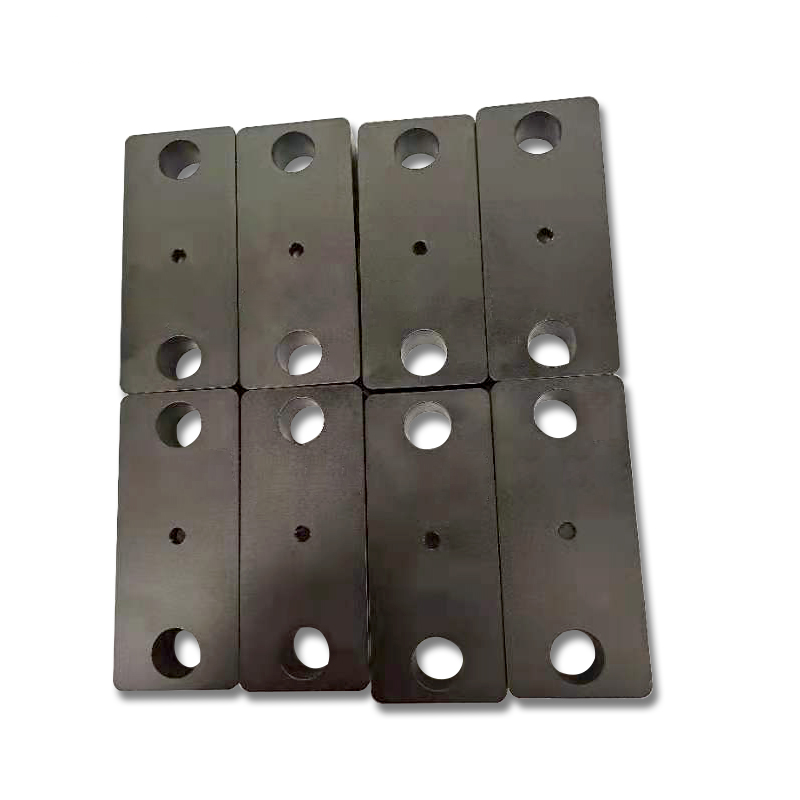
COMPUTER NUMERICAL CONTROL machining plays a crucial role in the evolving associated with modern manufacturing. Although you may be wondering what is CNC, exactly? Precisely how does it may play a role in the developing industry, and what do CNC machinists do? Even more so, how can aspiring CNC machinists successfully prepare for – and land – work in CNC machining today? As a leading manufacturing and engineering school in Connecticut, Goodwin College fights all the details below, beginning with the basics:
Precisely what is CNC?
COMPUTER NUMERICAL CONTROL stands for Electronic Numerical Control. This can be a computerized manufacturing process in which preprogrammed software and signal controls the activity of production equipment. CNC machining handles an array of complex machines, such as mills, lathes, and converting mills, all of which to minimize, shape, and create different parts and prototypes. On the day to day, CNC machinists elements of mechanical design, technical drawings, math concepts, and computer coding skills to produce a variety of metal and plastic-type material parts. CNC employees can take a sheet of material and be it into a major airplane or automobile part.
Precisely what is a COMPUTER NUMERICAL CONTROL Machine?
Computer Statistical Control machines are automated machines, that happen to be operated by pcs executing pre-programmed sequences of commands. COMPUTER NUMERICAL CONTROL machines are fundamentally the opposite of “old-school” devices that are manually by side wheels or redressers, or mechanically computerized by cams on your own. Today’s modern COMPUTER NUMERICAL CONTROL machines understand and function using COMPUTER NUMERICAL CONTROL machining language ~ called G-code ~ which tells them precise measurements for production, like supply rate, speed, location, and coordination.
Modern day design and physical parts for COMPUTER NUMERICAL CONTROL systems are really computerized – unlike the old, dangerous, stock machines you’d think of back in the day. Typically the parts’ mechanical proportions are defined using computer-aided design (CAD) software, and then translated into developing directives by computer-aided manufacturing (CAM) software. Therefore, it is important to have knowledgeable CNC machinists and programmers on the market to operate this high-tech machinery.
Typically the Importance of COMPUTER NUMERICAL CONTROL Machining
Manufacturers in Connecticut are commanders in making crucial products in the industry, such as jet engines, micro helicopters, and submarines. And even, thanks to recent advancements in technology, an individual of gritty factory life. Personnel today use their machining skills in a clean, professional setting with innovative and cutting-edge technology.
How to get started
Those chasing CNC operator occupations enjoy working in a hands-on, never-a-dull-moment, growing field.
Using proper CNC engineering training, machinists and operators help create a wide variety of products, thus playing an essential role in Connecticut’s thriving manufacturing industry and overall economy. Qualified CNC Machinists see a product through each phase from the creation, from the start associated with an initial concept to create, to code and then to the finished product. This way, CNC machining is not simply a typical manufacturing job; it is a hands-on, creative, valuable vocation for pioneers who choose to see the lifecycle with their work.
Precisely what is it love to be a COMPUTER NUMERICAL CONTROL Machinist?
Typical daily duties for COMPUTER NUMERICAL CONTROL operators may include:
Reading blueprints, paintings, or computer-aided design (CAD) and computer-aided manufacturing (CAM) data
Setting up, running, and disassembling handbook, automatic, and computer numerically (CNC) machine tools
Aligning, obtaining, and adjusting reducing tools and components
Monitoring the supply and speed of machines
Turning, milling, drilling, shaping, and grinding machine pieces to specifications
Testing, examining, and assessment completed products for defects
Smoothing the surfaces of pieces or products
Offering finished workpieces to customers and make modifications if needed.
For aspiring machinists looking an interesting career in this growing field, getting an associate education and/or certificate coming from a reputable manufacturing university is a great investment down the road!